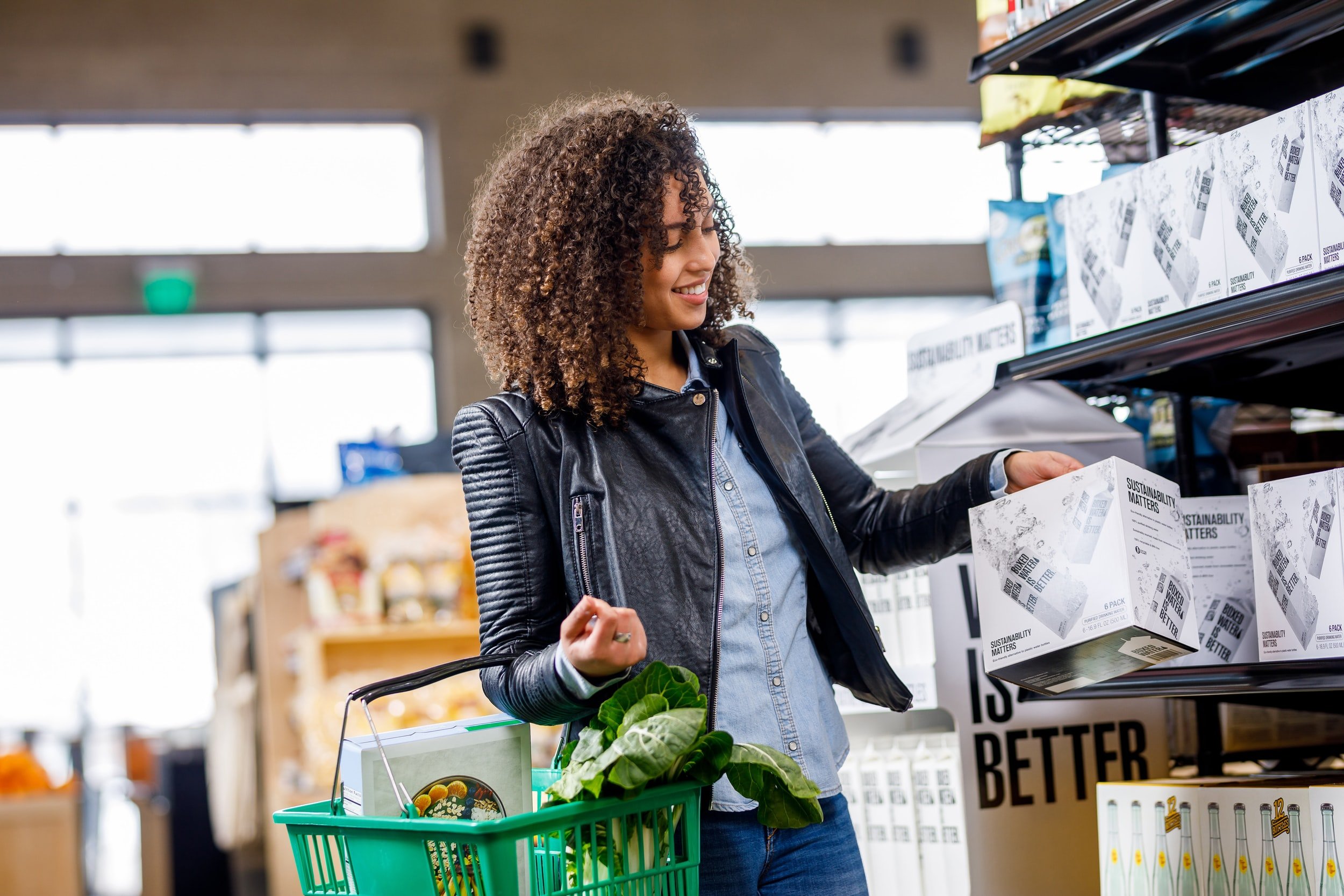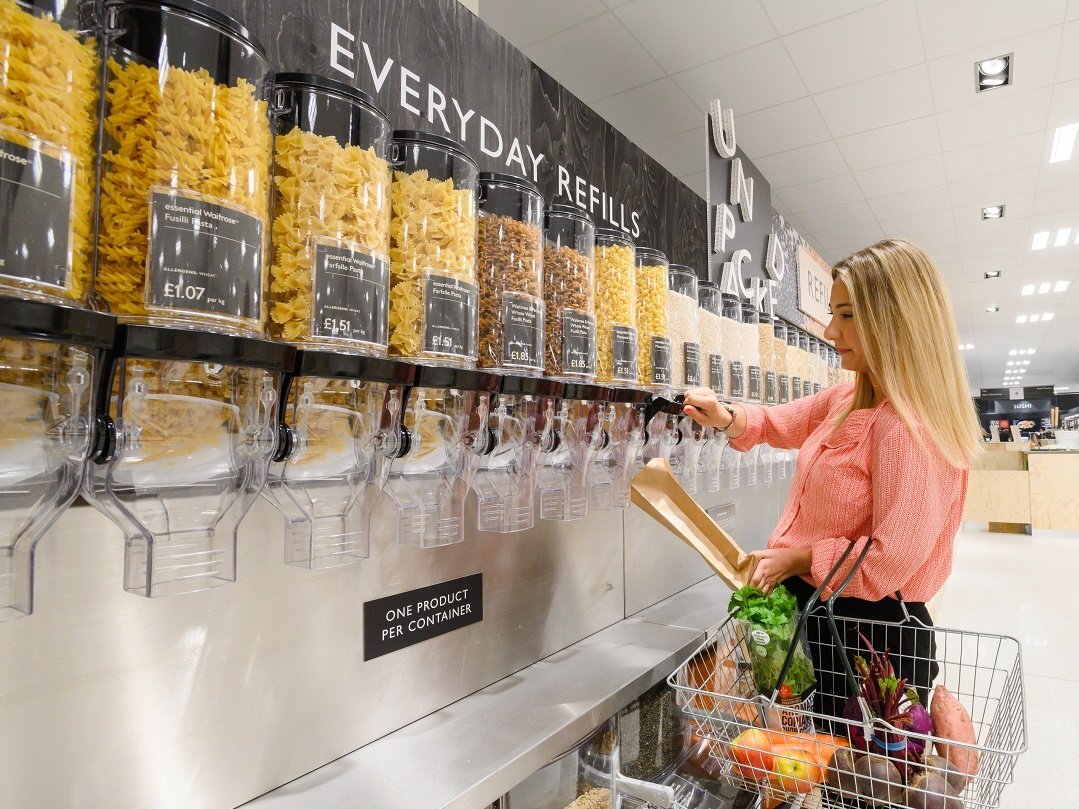
FOOD
Green Actions
On average, a typical supermarket meal produces 5-17 times more emissions than a meal whose components are produced locally (within a 50-mile radius).
FOOD HOME * FREE & LOW COST * WHERE TO BUY * REDUCE WASTE * DINING OUT * LEGISLATION * Food Fight! event
WHERE TO BUY
If you want to shift to more sustainable food habits with the resources you have at hand, environmentally-friendly grocery shopping is an excellent start. Supporting local businesses and buying seasonal and/or organically-grown food reduces greenhouse gas emissions and helps fight climate change.
Buy local from (a full list including CSAs, farms-stands and mobile markets):
farmers’ markets in Massachusetts (Beverly’s)
grocery stores with local options (when in season, look and ask for it)
direct from local farm stands
enroll in local farm CSAs like:
* New Entry Farming Project in Beverly* Farm Direct Co-op in Salem & Marblehead
*Farmer Dave’s in Dracut
If local isn’t an option, buy regional (New England):
Walden Meat home delivers regionally grown beef, pork, lamb, chicken and seafood
Save foods that would otherwise go into the landfill by ordering surplus or “ugly” food delivery from services such as Misfit Foods.
Have a question about sustainable food choices?
Ask a Coach
Want to suggest another action? Email us
Recovering 23 lbs. of food conserves 920 gallons of water and prevents 78 lbs. of CO2. (source: Imperfect Foods)





